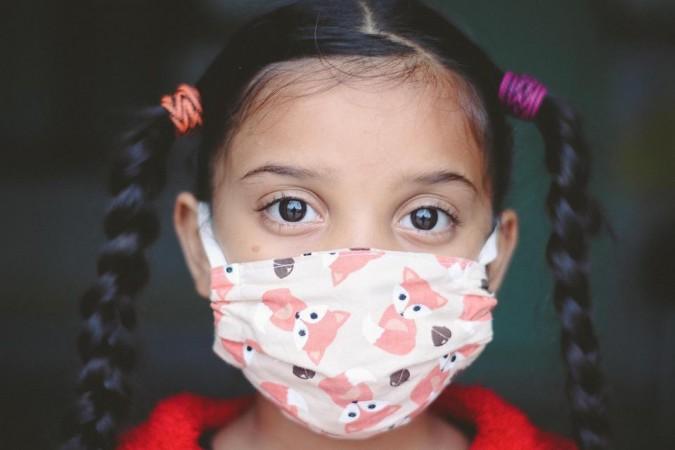The second wave of Covid in India has slowed down, but the scare is not over yet, as medical experts have already predicted the possibility of a third wave outbreak. Due to the pandemic scare, not just Indians, but the entire world has been wearing face masks over the past 21 months. Even though the vaccination rollout is progressing steadily, people are still wearing masks as no jab available now could offer 100 percent protection against the Covid infection.
When can Indians stop using face masks?
As Covid safety protocol continues, Dr VK Paul, a member of NITI Aayog, India's public policy think-tank has suggested a possible timeline regarding face mask usage in the nation. Paul revealed that masks will stay through 2022 until a new drug is discovered to fight Covid infection.

"Wearing the mask will not go away, for some time. We will continue to wear the mask even through the next year. My view is that it will be a combination of vaccines, drugs, and reasonably disciplined behavior that will finally," Paul told NDTV.
The possibility of a Covid third wave
Paul also made it clear that the next few months will be very crucial for India as the country is entering a risky period, with so many festivals lined up. He revealed that the possibility of a third wave of Covid in India cannot be ruled out.
"The possibility of a third wave of Covid cannot be ruled out. There is a period of the next three-four months when the vaccine is rolling up to build the Great Wall of herd immunity. We need to protect ourselves and avoid the outbreak. To me, that is possible if we are all together in this show," asserted Paul.
In the meantime, a special envoy to the World Health Organization (WHO) has shockingly warned that the number of Covid variants that can evade the immunity offered by the vaccine is increasing.
"Variants that can beat the protection offered by vaccines are bound to emerge all over the world in the coming months and years. This is an ongoing battle, and we need to work together," David Nabarro, the WHO envoy told Bloomberg Television.














